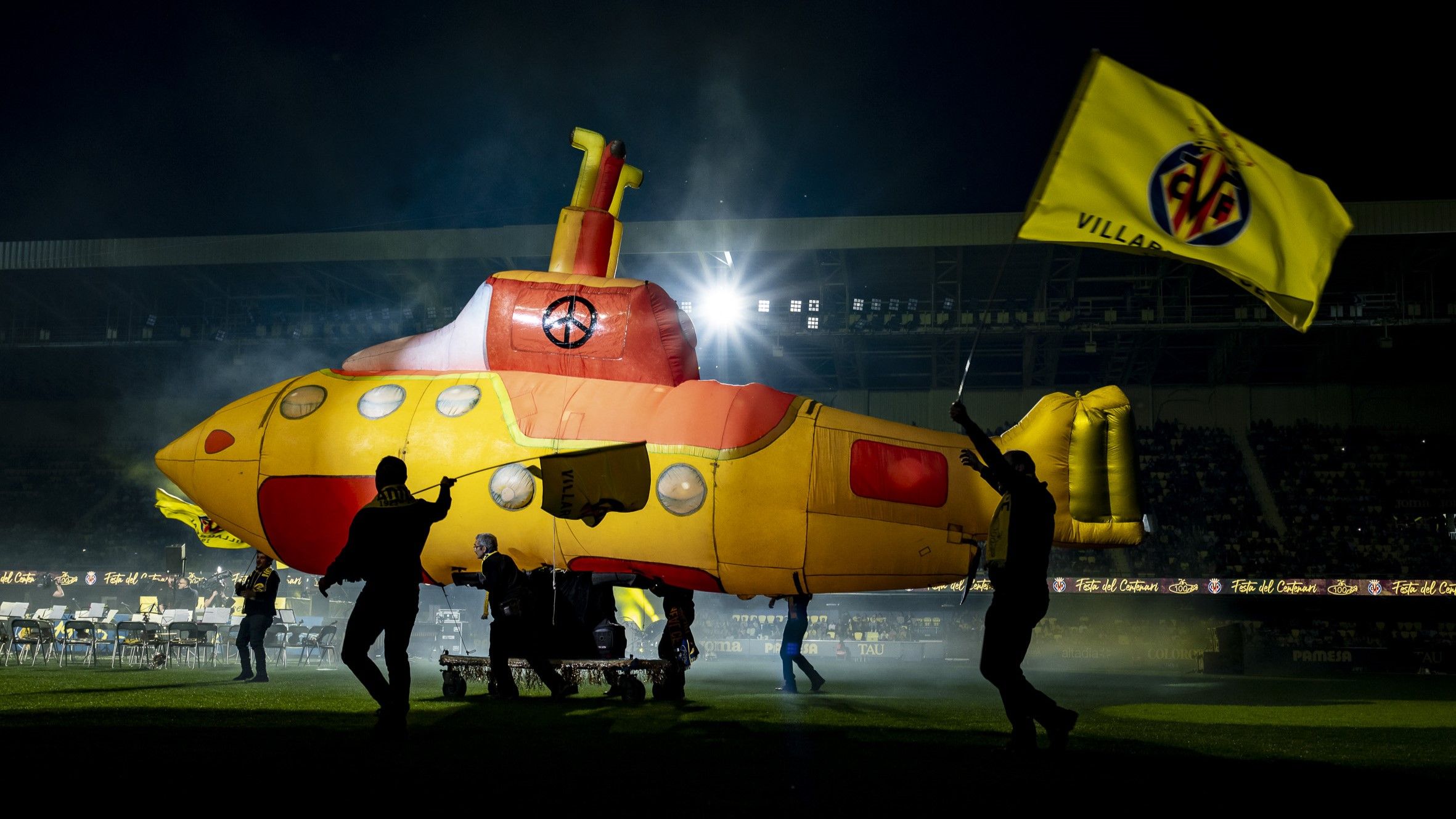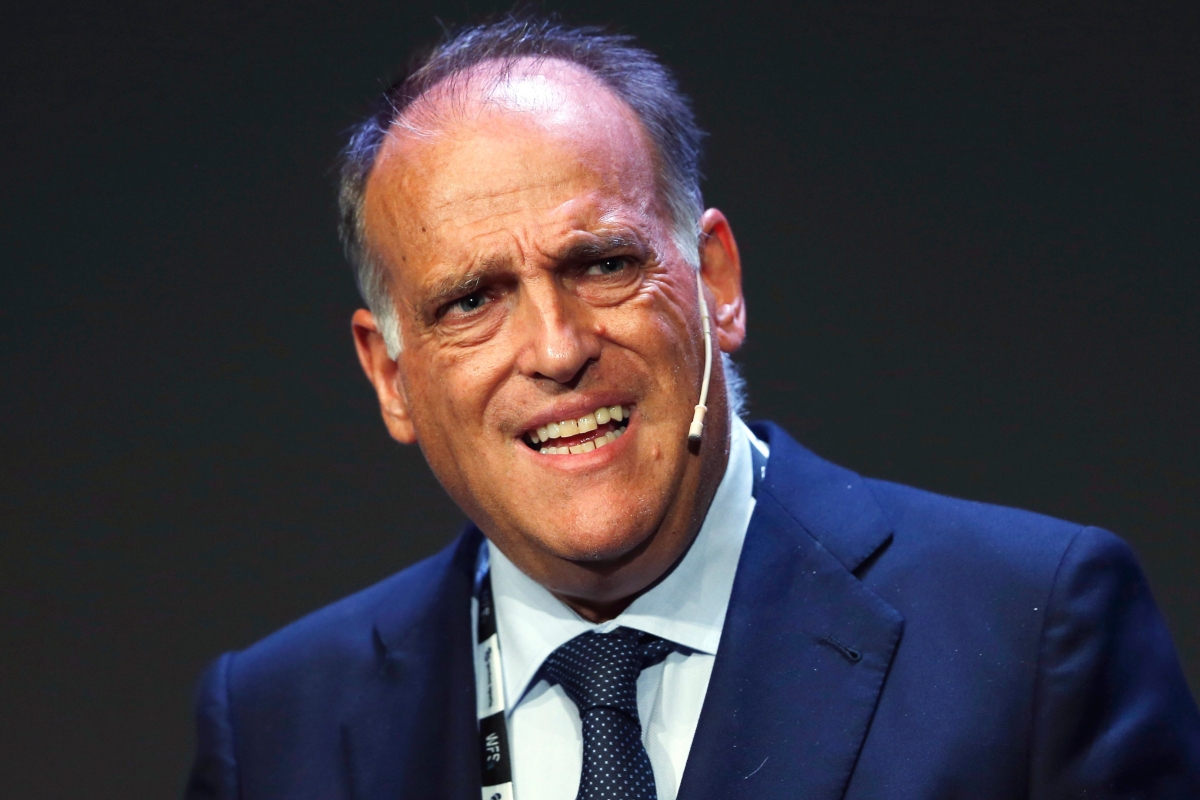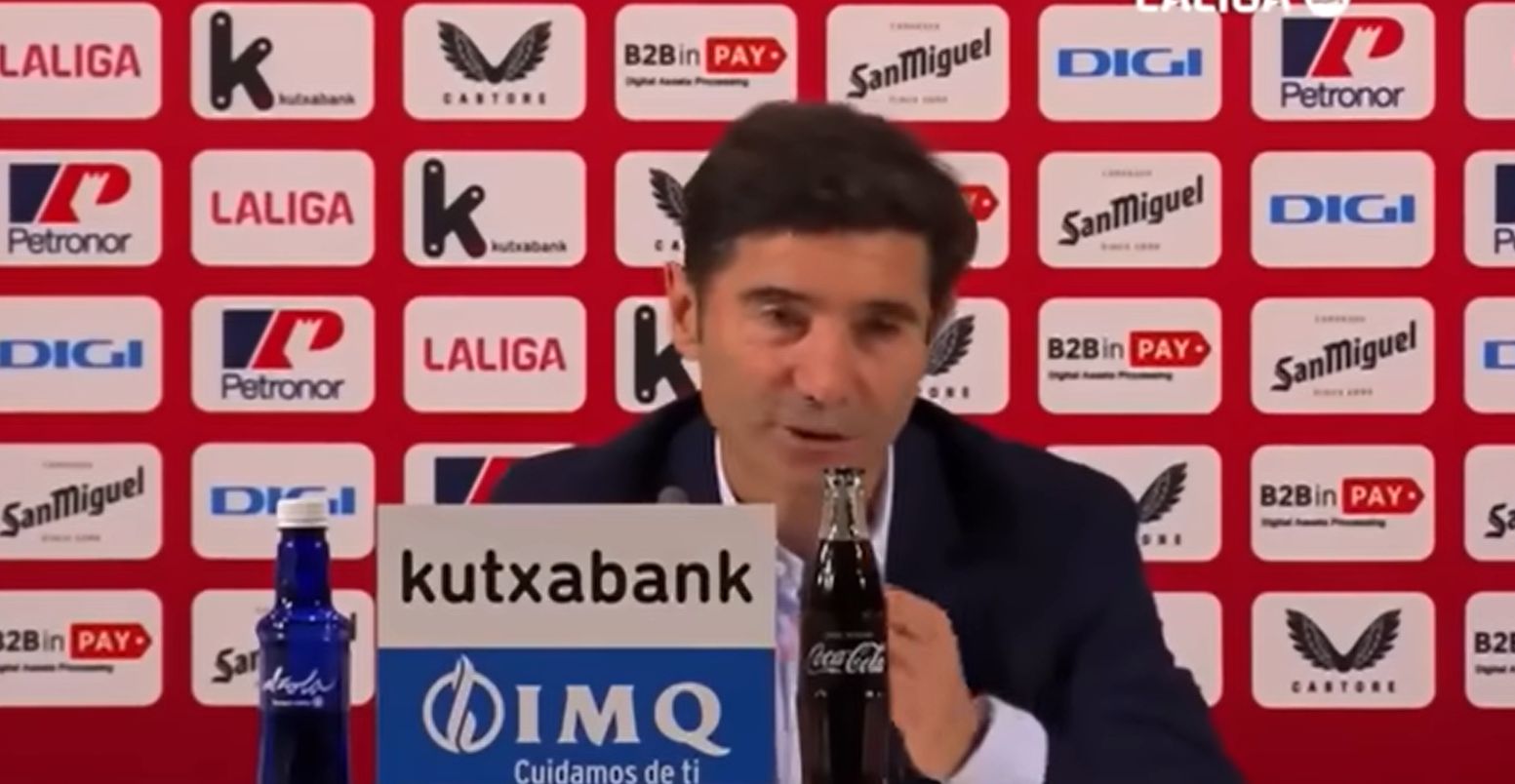Nearly 20,000 fans packed the Estadio de la Cerámica to enjoy the impressive ceremony organised by the club
Vibrant, beautiful, emotional, historic… Nearly 20,000 fans enjoyed the Villarreal CF Centenary Party to the full in a packed and enthusiastic Estadio de la Ceramica, which recalled all the eras of the club and the town, in a celebration that included the participation of seven associations, seven music bands from the province and seven individual artists, which meant a total of 600 people on stage. An unprecedented show that will remain in the memory of all Groguets forever.
The ‘Centenary Party’ on 10th March was an artistic representation of the 100 years of history of the club and the city, with socio-cultural nods to the club through different theatrical, musical and audiovisual components. The event began by showing the roots, the social context of the 1920s – the time of the founding of CD Villarreal – with a tribute to a Vila-real icon like Francisco Tarrega with two local musicians (cellist Alfonso Rochera and guitarist Sara Mezquita), who will be part of the show that the club will also organise on this centenary at the end of 2023 in honour of Tarrega. It was followed by the ‘Ball de l’Anguila‘ as a leisure tradition of the time through the Associacio Cultural El Trull, and artists playing the dolcaine and tabelete and the El Raval dance group, also accompanied by the giants of Vila-real: Pasqualet, Marigracieta, Jaumet and Pinella.
Renowned theatre company from Vila-real, Xarxa Teatre, accompanied the organisation and took part in the different performances that took place on the pitch. Once the setting was represented, the historical part of the entity began, with the biography of the founder and important figure of CD Villarreal, Jose Calduch. A pharmacist, visionary and passionate about sport, Calduch would bring football to his city -white kit, black shorts-, generating a huge following among the youngsters of the time. After the break forced by the war, the club was re-founded under the name of Club Atletico Foghetecaz: in the 1940s, a strange acronym that corresponded to the initials of its founders (the two dots symbolised an ‘etcetera’) and which would later recover the name of the city under the name CAF Villarreal. That decade would end with the change of colour from white to yellow in the kit, which would become the distinguishing mark of the club forever. The final name of the club, Villarreal Club de Fútbol, was adopted in 1954.
The arrival of Pascual Font de Mora marked a turning point for the club. A player, director and president, he is considered the great saviour of the era by professionalising the club, converting it into a sports PLC. With Font de Mora came the club’s first major milestone: promotion to the Second Division after a final against Bilbao Athletic at the Santiago Bernabeu in 1970. At that time, a song became the battle cry and emblem of the fans. El Submarino Amarillo by Los Mustang – a cover version of The Beatles – would change the club’s history with a new identity. The singer, Santi Carulla, who had already performed at the then Madrigal after that achievement, returned to La Ceramica to perform it at the centenary party. The fans once again sang the hit live and the inflatable yellow submarine of modern great deeds, accompanied by a yellow tide of fans and Groguet, the mascot, returned to the pitch.
Jose Manuel Llaneza would undoubtedly be a decisive director in the club’s modern era. The man from Pucol arrived at Villarreal in 1994 and held various executive positions, being one of the great architects of the club’s institutional growth. Llaneza was the key player in the transition of the transfer of power for the arrival of Fernando Roig in 1997, which would be the definitive turning point for the project to establish itself in the highest category of Spanish football and become a successful management model, looking to the future with the construction of the Training Ground and the firm and clear commitment to the academy. Roig achieved what nobody imagined: promotion to the First Division in his first year. And then the whole town celebrated in the streets, in the square. Endless joy. Then the club’s official anthem was born, to which Toni Pitarch wrote the lyrics and the Sant Jaume Choir, directed by Alfredo Sanz, composed the music. Accompanied by the Violincheli Brothers (Alejandro and Pablo Turlo), they performed the anthem in front of the crowd.
With Roig at the helm and Llaneza as his right-hand man, Villarreal quickly established themselves in the elite, became the best ever debuting team in UEFA Champions League by reaching the semi-finals in 2006 and achieved the league runners-up spot in 2008. The club was growing and the atmosphere was special. A very close relationship between players and fans was palpable in the atmosphere. A complicity that was strengthened when the locker room song, Violeta, by the Argentinian singer Alcides, quickly became the unofficial anthem of all the Groguets. From the dressing room to homes, to parties, to mobile phone ringtones. Alcides, who travelled especially from Argentina, was one of the stars of the party at La Ceramica.
The club’s growth was phenomenal. It repeated its participation in the Champions League on two occasions – reaching the quarter-finals on one of them – and the semi-finals of the Europa League. However, in the midst of its heyday and evolution, when everything was going upwards, the unexpected happened: the sudden relegation to the Second Division. A tremendous blow that, far from sinking the club, strengthened it. In that moment of sadness and desolation, the day after the tragedy was consummated, the president transmitted a message with certainty and firmness: ‘Tornarem‘. That message was transformed into a song. That song by Lax’n’Busto, which the singer Salva Racero sang live and moved everyone present.
The return to the LaLiga was immediate. The CEO, Fernando Roig Negueroles, led the promotion by restructuring the club, reducing costs and promoting the sporting project. Since then, Villarreal has once again consolidated its position in the elite on a sporting and social level: there is currently a waiting list to get a season ticket for a stadium that has been definitively transformed to become one of the best stadiums in Spain. The club has also given back to its environment through a variety of social projects with its corporate brand Endavant. The club’s greatest sporting achievement came with the first title: the UEFA Europa League won in Gdansk against Manchester United, no less. It was the moment when the party turned up the heat and current team captains Raul Albiol, Manu Trigueros, Gerard Moreno, Dani Parejo and Pau Torres, along with president Fernando Roig, showed off the trophy in front of the fans and reminisced about that day, at home, in front of all the people, in the most important event ever held at the stadium. Yellow inflatable balls in the stands and pyrotechnics, it was a sizable party.
The night was rounded off with the centenary hymn composed by the renowned and prestigious Nacho Cano, accompanied by the voices of Amanda Digon and Dani Rosado, and with the music of seven bands from the province. Impressive. Exciting. Villarreal celebrates one more year. And then Kuve appeared on stage to sing the Mecano classic ‘Un ano más’ with Nacho Cano. Because Villarreal continues to grow. And, as it was their birthday, and it couldn’t be any other way, they had to sing it. And so all the fans closed the party by singing happy birthday, congratulations, Groguets!
For more, we spoke to Villarreal legend Marcos Senna last weekend about the progress Villarreal have made in the 21st century here.




